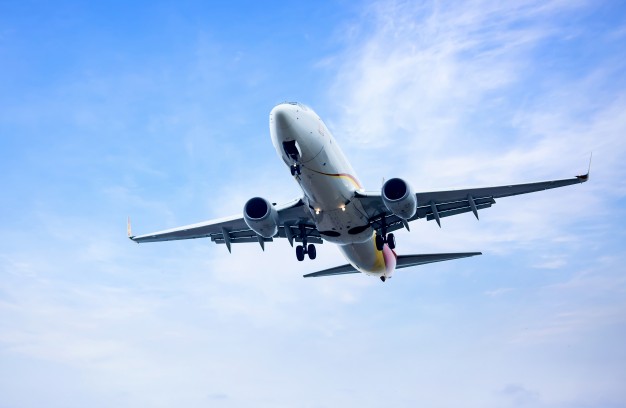
In light of the COVID-19 disruptions, the Airlines in Thailand have been given a financial lifeline which was announced recently by the Government Savings Bank which offers soft loans to carriers that are now struggling due to the pandemic’s effects on travel. The Government Savings Bank according to Nation Thailand which reports that the GSB now offers a 60 month period loans with a low-interest rate of 2% and that this proposal according to the Chairman Patchara Anuntasilpa will be put forth for approval from the Cabinet.
After the Covid-19 Pandemic, many airlines have been substantially devastated by the fallout of the pandemic which has wrought crippling damages to the economy and airlines in particular which relied on travel and tourism to keep the services afloat. With the plummeting number of passengers, grounded flights and slashed numbers to flight offers, the food industry had also been curtailed and this effect has had severe devastation to the airlines particularly in Thailand with the Kingdom’s borders all but closed and little to no international traffic has been reported since the closing of its borders on March.
To help alleviate the crisis that Thai Airlines now face, the Excise Department will extend the fuel tax cuts for carriers of low cost for another 6 months starting from the end of September. The director-general of the Excise Department Parchara confirms that the tax will likely be abolished entirely due to this crippling effect due to the Covid-19 Pandemic as it is stated that during normal times aviation fuel taxes are worth 1 billion baht per annum.
As a result of Air Asia also has seen some cuts to its ground goats with the use of low cost and cheaper buses to ferry passengers from cheaper parking areas to the terminals and back and thus reducing the use and cost of airport airbridges. Furthermore, the flights from Phuket to Don Mueang utilize the bus services and therefore increases the 15 minutes of additional time between boarding due to the bus loading up and the trips themselves.
With this new reduction in taxes, it is reflected by the earlier collection of 503 billion baht since October 2019 admittedly 6.5% lower than the previous year, which is reflected by the fact that most of income generated is from oil based products, cars, alcohol and even cigarettes.
